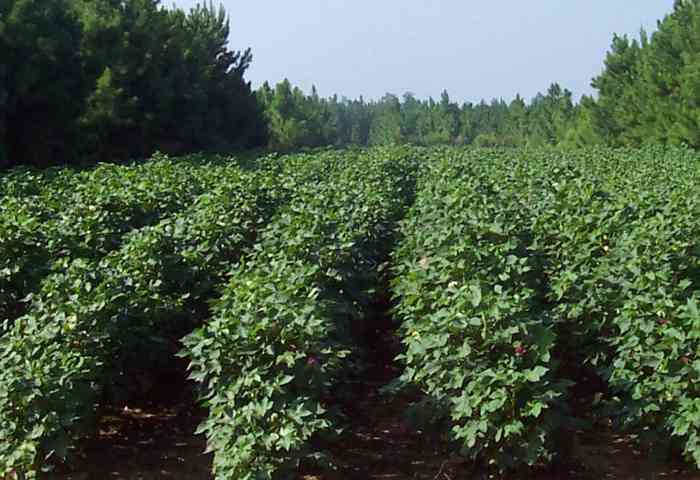Get started with Mizzou
Apply hereMaster of science
Our world has finite resources. As the Earth’s population continues to increase, multiple overlapping concerns have emerged: how does society feed and support everyone and also preserve the environment with the amount of land and water present? To provide an answer and adapt to the growing need for sustainable business practices, agroforestry has taken off in the United States and overseas. The University of Missouri’s (Mizzou) unique master of science in agroforestry degree program trains individuals with a background in agriculture, natural resources, urban planning, engineering, education, environmental science or a similar field on key practices and strategies for implementing these efforts.
Mizzou currently offers two formats: the on-campus program pairs this scope with a thesis, and the fully online, non-thesis degree accommodates working professionals interested in enhancing their knowledge and switching careers. As an alternative, consider supplementing your current job or degree with Mizzou’s 12-credit, online agroforestry graduate certificate, which can serve as a pathway to the master’s program.
Quick facts
Official name
Master of Science in Natural Resources with an emphasis in AgroforestryCampus
Program type
Master's degreeAcademic home
College of Agriculture, Food & Natural Resources | School of Natural ResourcesDelivery mode
100% onlineAccreditation
Higher Learning CommissionCredit hours
30Estimated cost
$19,020.00*This cost is for illustrative purposes only. Your hours and costs will differ, depending on your transfer hours, your course choices and your academic progress. See more about tuition and financial aid.
Why earn a master’s degree in agroforestry?
As a practice gradually picking up steam, agroforestry involves integrating trees and shrubs into agricultural environments, including horticulture, crop growing and livestock management, to take advantage of their benefits, economically use the land and preserve it for future generations. Trees help manage carbon, draw in nutrients from deep in the soil, support pollination and provide shade for livestock. At the same time, they additionally offer a source of fruit and timber.
The online master’s in agroforestry trains you to design and implement such landscapes. You’ll be instructed in practices like forest farming, alley cropping, silvopastures, riparian buffers, urban food forests and windbreaks. You’ll also examine agroforestry in broader economic, societal and land management contexts, with the long-term goals of preserving our world, its habitats and biodiversity, and creating more sustainable, resilient civilizations.
This interdisciplinary program also builds off Mizzou’s history of pioneering agroforestry research. Our Center for Agroforestry opened in 1998 to advance and study these land practices. Today, faculty continue to spearhead related research or are involved in education, outreach and economic development efforts. The master’s in agroforestry stands on this foundation and collaboration within the College of Agriculture, Food and Natural Resources. The online version allows professionals around the world access to this information to implement in their local communities.
As a student enrolled in the online master’s in agroforestry, you’ll:
- Learn more about sustainable land use, focusing related research and ecological principles to apply these practices
- Explore the latest topics and technologies in crop and farm systems
- Understand how to integrate trees, crops and livestock to design multifunctional landscapes with specific products or services in mind
- Acquire the technical competencies to consult and guide landowners, businesses and other organizations to create multifunctional, working landscapes based on a variety of products, markets and farm income
- Gain the skills to develop agricultural landscapes that improve soil, water and air quality, reduce carbon emissions, uphold biodiversity and conserve land and water habitats
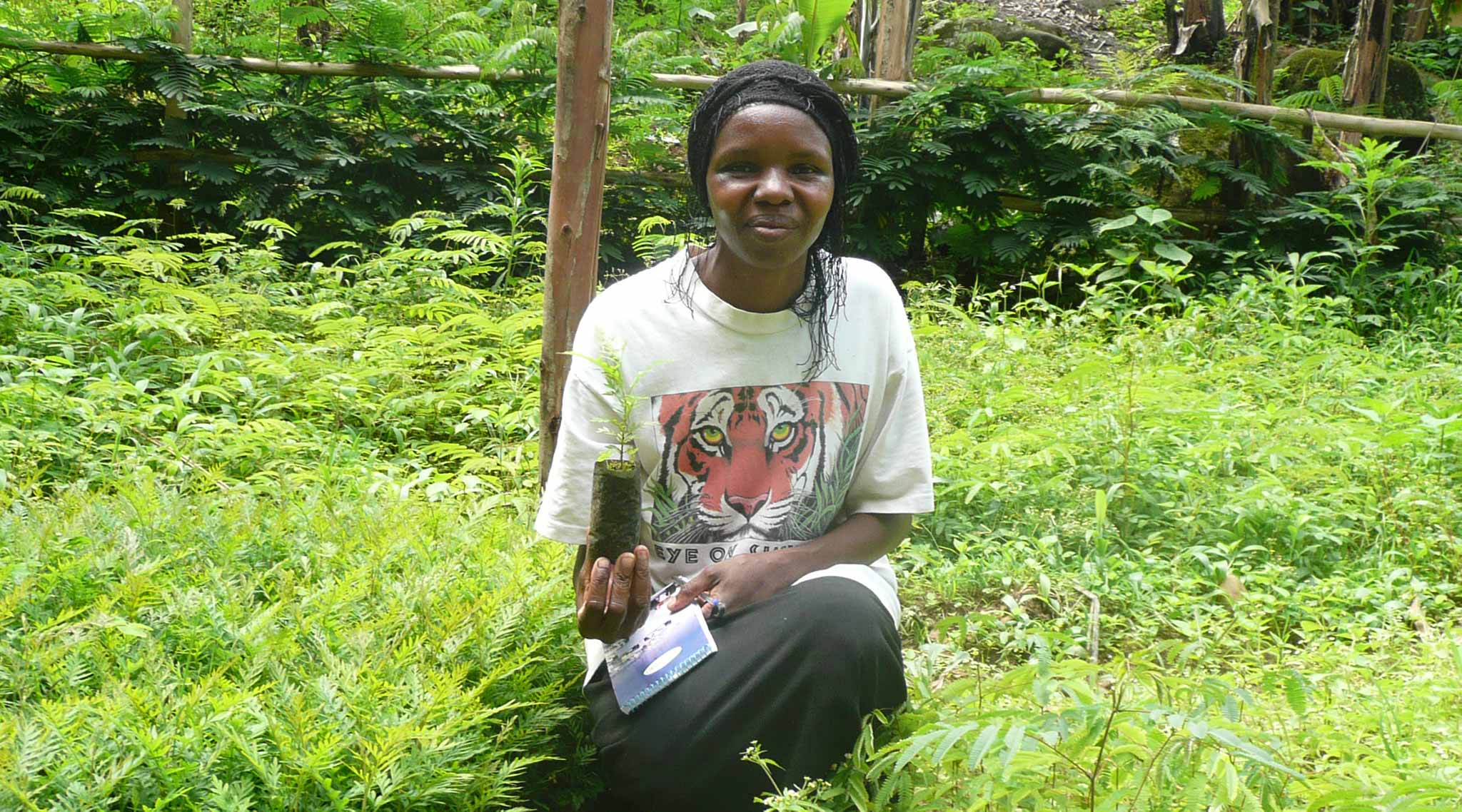
Career prospects
Between 2020 and 2030, the Bureau of Labor Statistics predicts steady demand for conservation scientists and foresters. Through positions in federal, state, local and private agencies and organizations, these professionals strive to preserve and better use land, water and natural resources, with sustainable practices increasingly shaping these approaches.
Potential job titles include:
- Agriculture or food scientist
- Conservation scientist
- Environmental engineer
- Environmental specialist
- Geoscientist
- Forester
Program structure
The online master’s in agroforestry is a 30-credit-hour, non-thesis program. You will take three core curriculum courses, six "agroforestry-focused" electives, nine optional electives and finish with a professional paper or capstone planning and design project (the virtual Agroforestry Training Academy).
Core courses focus on agroforestry theories, practices, adoption strategies and ecological principles. They explore the intersection of economics and policy within agroforestry. You'll then learn more about the agroforestry discipline through elective courses covering:
- Clonal horticultural crop breeding.
- Woody plant propagation.
- Site suitability and selection.
- Tree crop production.
- Silvopasture systems.
- Social dimensions of agroforestry.
- Watershed management and water quality.
- Urban biodiversity.
- Applied statistics.
- Quantitative and qualitative research methods.
- GIS applications.
- Leadership, funding and grant writing.
Your capstone courses focus on agroforestry planning and design.
The program is 100% online. No campus visits are required. Students who take one class each semester typically finish the program in three to three-and-a-half years. Students who take two classes each semester typically finish in two to two-and-a-half years.
Coursework includes:
- Introductions to biophysical, ecological, social and economic aspects of agroforestry.
- Designing, planning and implementing multifunctional agricultural landscapes based on data and other research.
- Clonal horticultural crop breeding, woody plant propagation, site suitability and selection, tree crop production.
- Using geographic information systems.
- Program development and evaluation.
Delivery
100% onlineCalendar system
Semester-basedTypical program length
2 yearsTypical course load
2 classes per semesterAccreditation
The University of Missouri is accredited by the Higher Learning Commission, one of six regional institutional accreditors in the United States.
Faculty spotlight
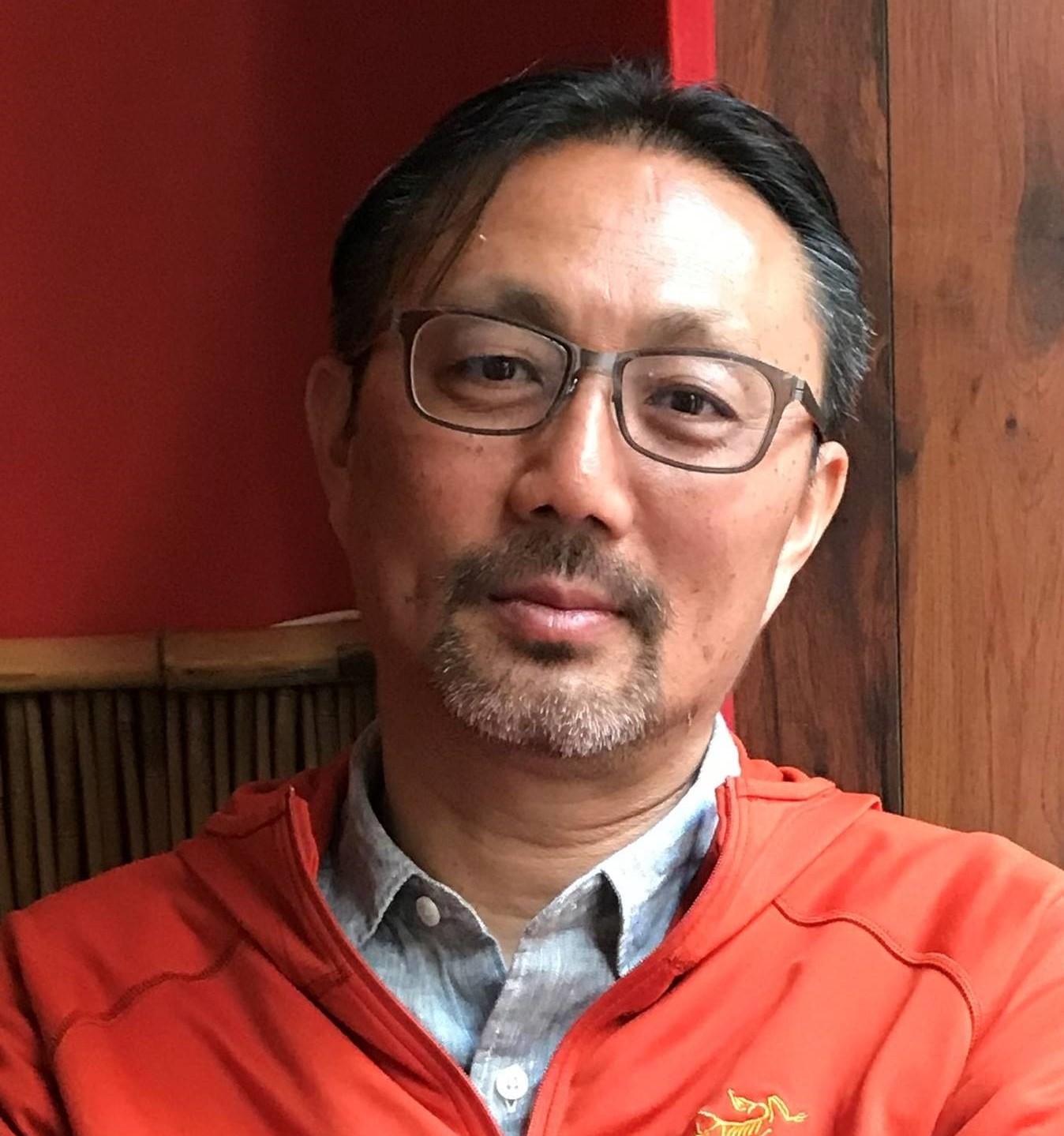
Chung-Ho Lin leads the bioremediation and natural products research programs at the Center for Agroforestry. His work explores the utilization of plants, bacteria and engineered enzymes for environmental remediation and development of bioeconomy. Dr. Lin’s primary research focus includes the development of conservation and bioremediation strategies for the remediation of organic pollutants, the development of novel molecular, analytical and metabolomic techniques to characterize the fate and transport of human pathogens (e.g., SARS-COV2) and organic pollutants, identification of health-promoting and high-value natural products isolated from specialty crops and waste materials and their novel applications, and development of novel biocatalyst systems for environmental remediation and other industrial applications. The spin-offs from his translational research include Elemental Enzymes and Tiger Enzyme Solutions.
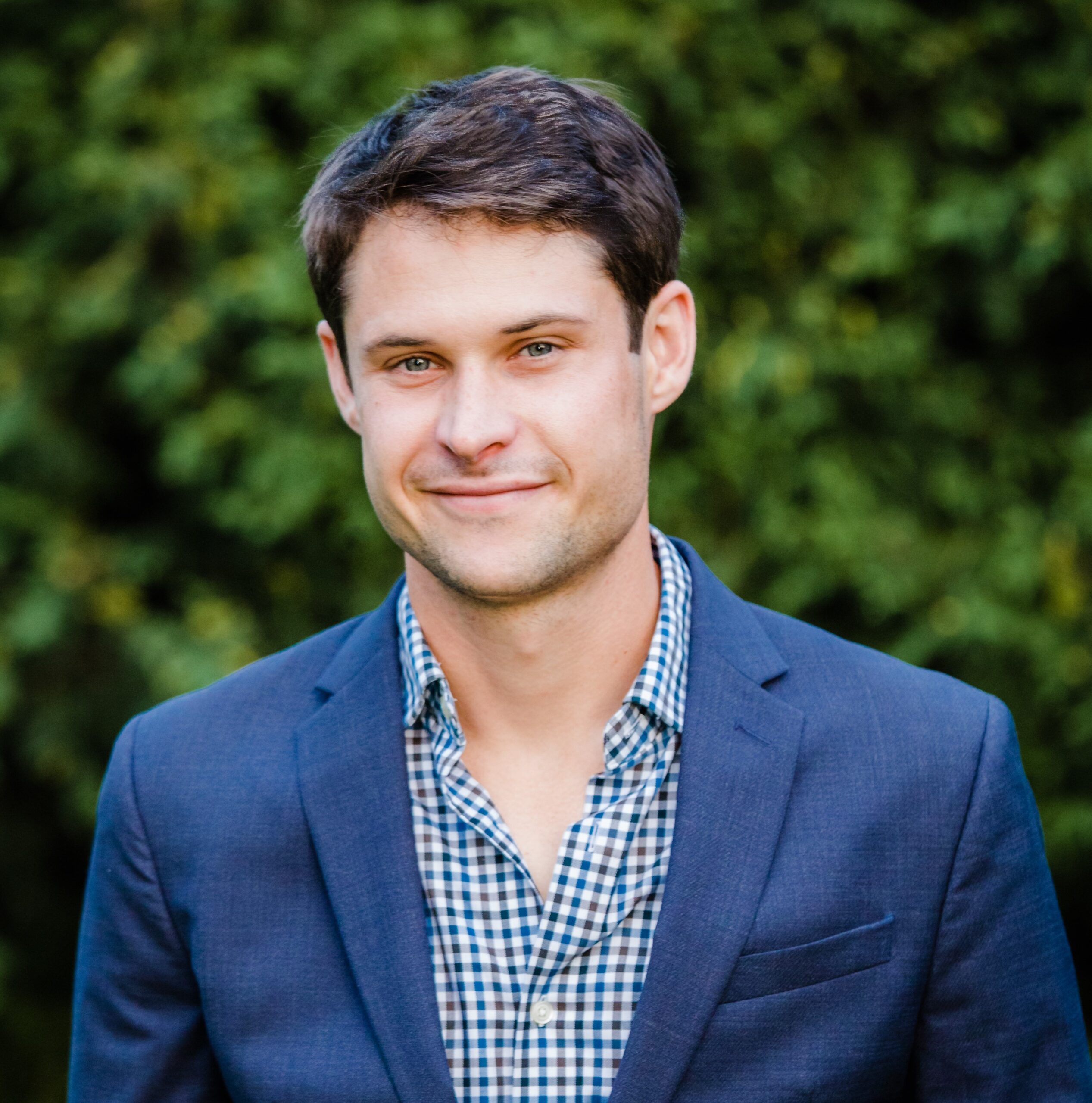
Ron Revord’s primary research advances applied breeding programs for black walnut, Chinese chestnut and northern origin pecan within the University of Missouri Center for Agroforestry. Dr. Revord also collaborates with the Hybrid Hazelnut Consortium on their mission to broaden the cultivated range of hazelnut, using interspecific hybrids of Corylus americana and C. avellana. In partnership with the Missouri Department of Conservation, Revord’s lab collaborates on efforts to collect and conserve Ozark chinquapin, with the near-term goal of characterizing and preserving the genetics of remnant plants. He teaches Topics in Natural Resources: Clonal Horticultural Crop Breeding in the fall semesters.
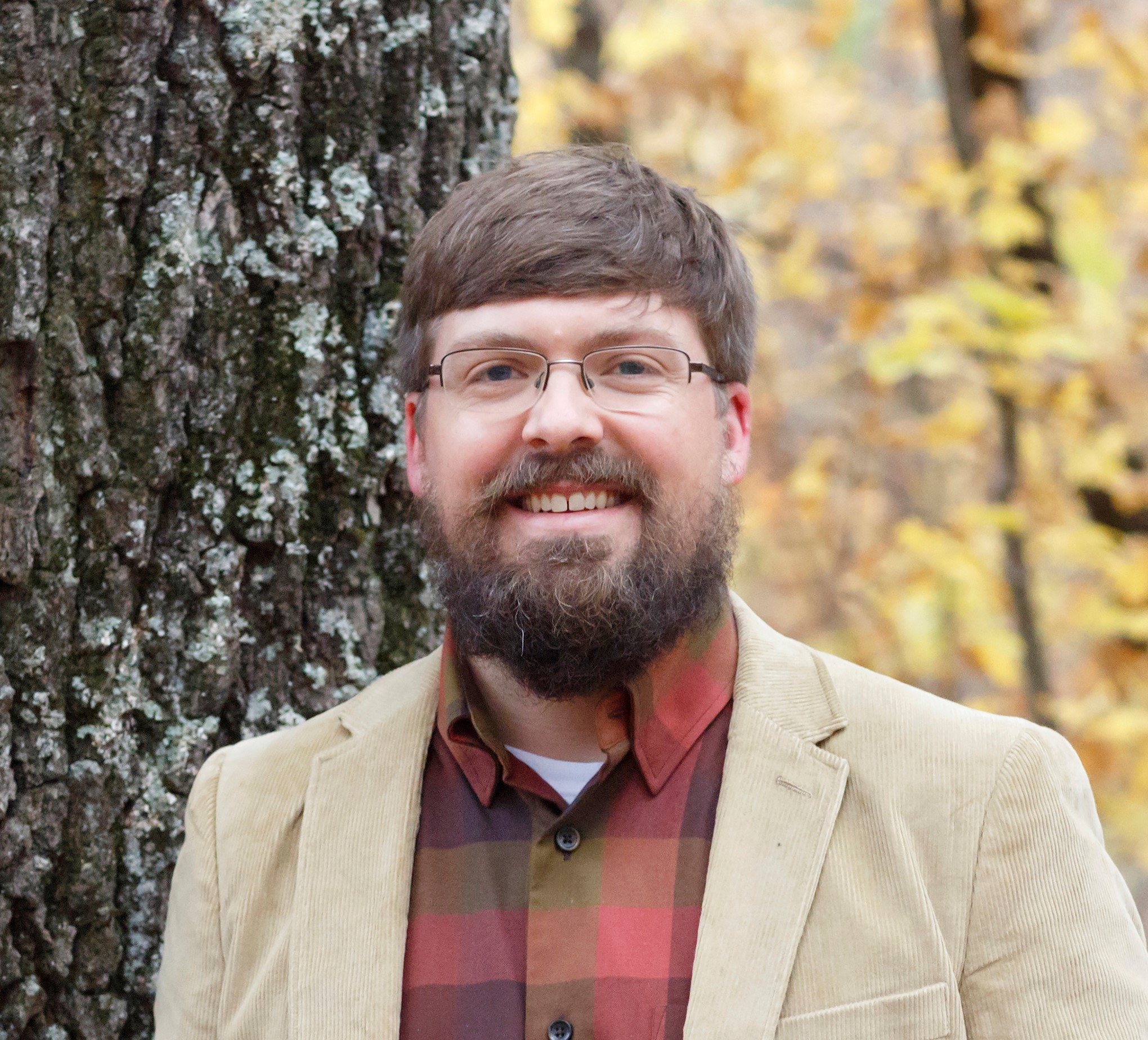
Ben Knapp has been a faculty member at the School of Natural Resources since 2012. Dr. Knapp's research focuses on developing silvicultural practices to address contemporary forest management issues, spanning topics that include the use of prescribed fire for woodland restoration, tree regeneration challenges in a variety of habitats and the effects of forest management on carbon dynamics. He has served as the superintendent of the University of Missouri’s Baskett Forest, where he developed various programs focused on student success, including opportunities for professional wildland fire training certification and a maple syrup production program.
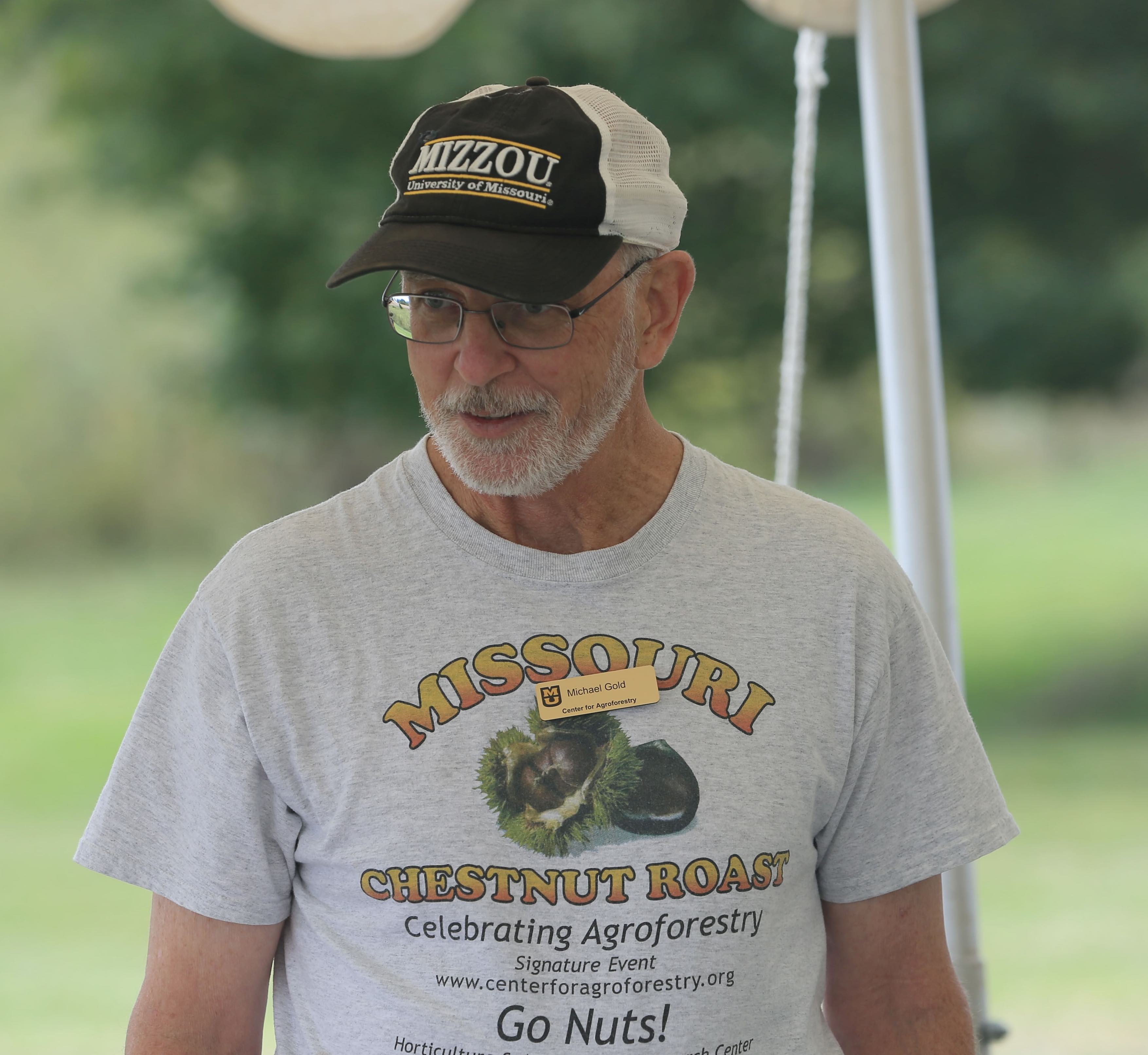
At the University of Missouri Center for Agroforestry, Michael Gold’s primary focus is directed toward the 100% online, agroforestry master's and graduate certificate programs. Dr. Gold teaches an agroforestry overview core course in these programs, serves as program coordinator and co-advises online students. He was the lead principal investigator in establishing the Center for Agroforestry’s annual Agroforestry Academy since it began in 2013. His research has been focused on the selection and improvement of Chinese chestnut trees and the development of market and consumer knowledge for multiple specialty crops (e.g., chestnut, elderberry, pawpaw).
